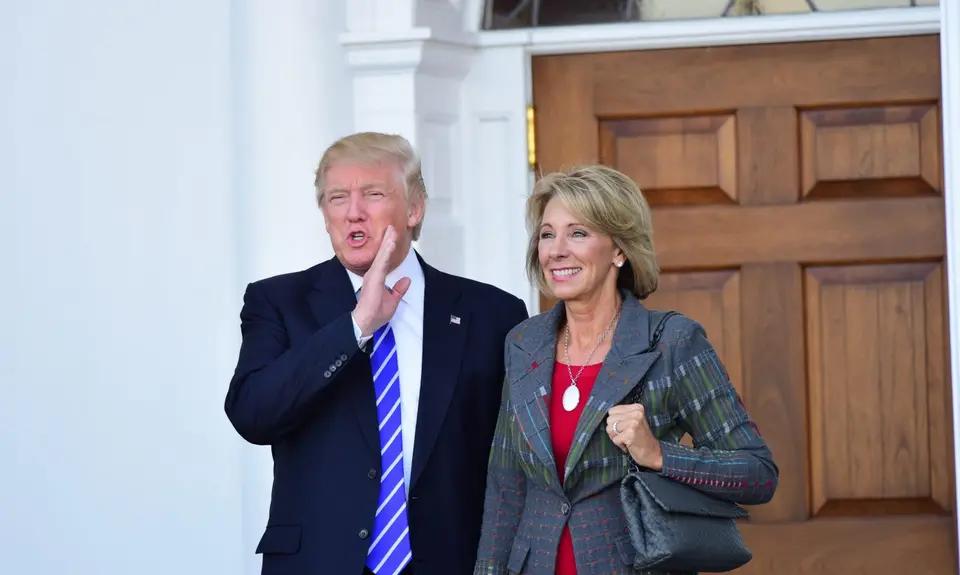People For the American Way’s report on the nomination of Betsy DeVos to head the U.S. Department of Education noted that her nomination was, in the words of Tulane University’s Douglas Harris, “a triumph of ideology over evidence that should worry anyone who wants to improve results for children.”
Harris was referring to the real-world failure of the kind of school voucher plans DeVos has championed. As our report noted, Donald Trump’s intention to push a federal version of those same destructive policies threatens to gut public education while undermining students’ educational achievement—a lose-lose scenario.
The New York Times has now published a review of recent evidence from multiple studies showing “dismal” results for school voucher programs. The analysis was written by Kevin Carey, who directs education policy at New America.
Carey draws on multiple studies released during the past 18 months, including evaluations of voucher programs in Indiana, Louisiana, and Ohio. Some studies have found mixed results, but in each of these three major evaluations, the evidence indicates that students using vouchers were actually doing worse academically than their counterparts in public schools:
Three consecutive reports, each studying one of the largest new state voucher programs, found that vouchers hurt student learning. Researchers and advocates began a spirited debate about what, exactly, was going on.
Mark Dynarski of the Brookings Institution noted that the performance gap between private and public school students had narrowed significantly over time. He argued that the standards, testing and accountability movement, for all its political shortcomings, was effective. The assumed superiority of private schools may no longer hold.
Some voucher supporters observed that many private schools in Louisiana chose not to accept voucher students, and those that did had recently experienced declining enrollment. Perhaps the participating schools were unusually bad and eager for revenue. But this is another way of saying that exposing young children to the vagaries of private-sector competition is inherently risky. The free market often does a terrible job of providing basic services to the poor — see, for instance, the lack of grocery stores and banks in many low-income neighborhoods. This may also hold for education.
The Ohio study was actually financed by the voucher-promoting Walton Family Foundation and carried out by the Thomas B. Fordham Institute, a think tank that advocates for “school choice.” How could congressional leaders justify allocating billions of dollars to Trump’s voucher plan when even voucher supporters are admitting that vouchers are failing students?
